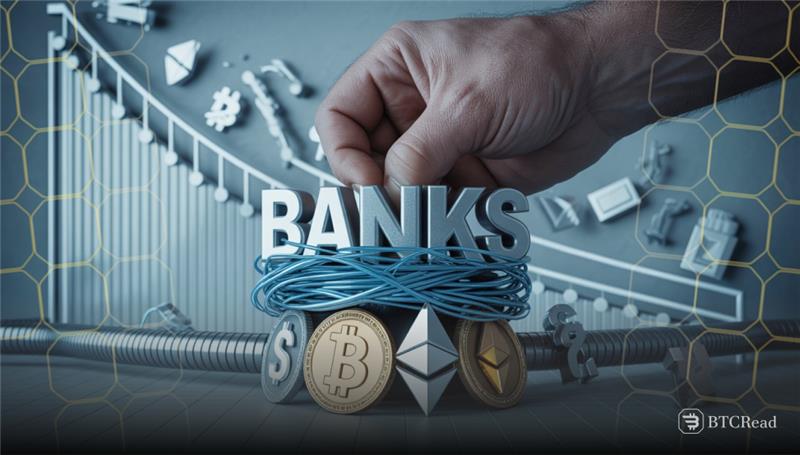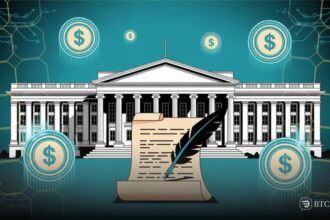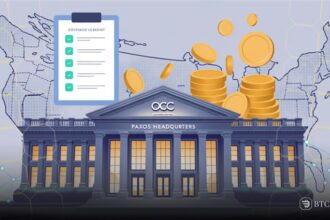Under President Biden, Operation Chokepoint 2.0 targeted the debanking and deplatforming of crypto, sparking significant debate across financial and technology sectors.
That period has ended, but major banks now appear ready to advance what many call Chokepoint 3.0, imposing extreme fees for accessing customer data or transferring funds into crypto and fintech platforms.
Even more concerning, these institutions may block financial technology applications they view as undesirable, further limiting consumer choice in the market.
JPMorganChase, worth around $800 billion, heads this charge, and it heralds an agenda far less about building top-line revenue and far more about limiting competition.
Should this strategy be successful, commentators are worried others will soon fasten on similar tactics, effecting a system wide blockade against disruptive finance services.
Through Dodd-Frank Section 1033, consumers also have automatic rights to access to their financial data, something overseen by the Consumer Financial Protection Bureau.
While critics targeted various Biden-era CFPB policies, maintaining Section 1033 preserved an important equilibrium between consumer protection and free market forces.
Alarming here is the fact that the “data” sought could be as simple as an account and routing code, data already pre-printed onto personal checks. Despite this, banks now attempt to justify massive electronic access fees, though they received taxpayer bailouts just seventeen years earlier.
Hidden fees discourage use of Crypto services
These types of strategies could discourage people from using competitor services. A $10 fee to transfer $100 to Coinbase or Robinhood could discourage investment activity, as could high fees for taking out a lower-interest fintech loan compared to similar products from the incumbent banks.
Repressing customer-approved fintech and crypto links would also further entrench these incumbents, harming innovation across the broader finance ecosystem.
Under perfect competition, consumers could switch over to other banks offering better terms. But years could pass before one could obtain a fresh charter for banking, and the majority of the clients remain effectively tied up by existing obligations.
Commentators stress the point that there is no necessity for fresh legislation to fight this threat. The current administration must impose existing consumer protection and end manipulative steps that undercut competition.
A killing blow to both American consumer protection and financial tech innovation could be the cost of doing nothing.







